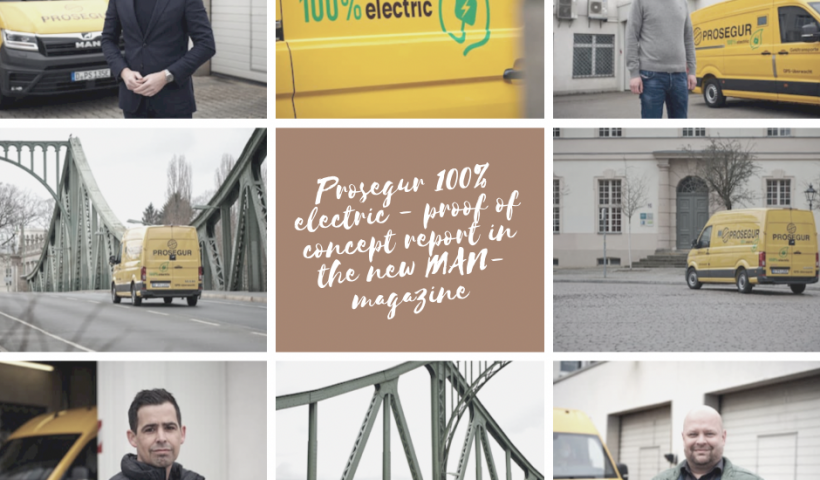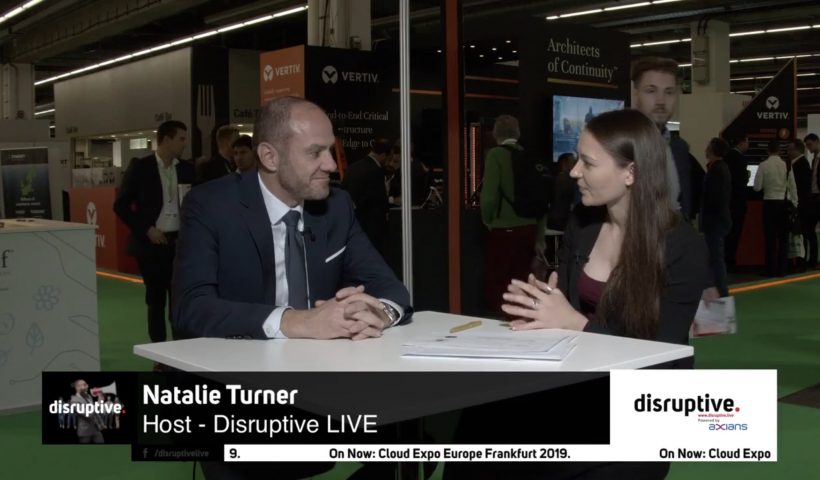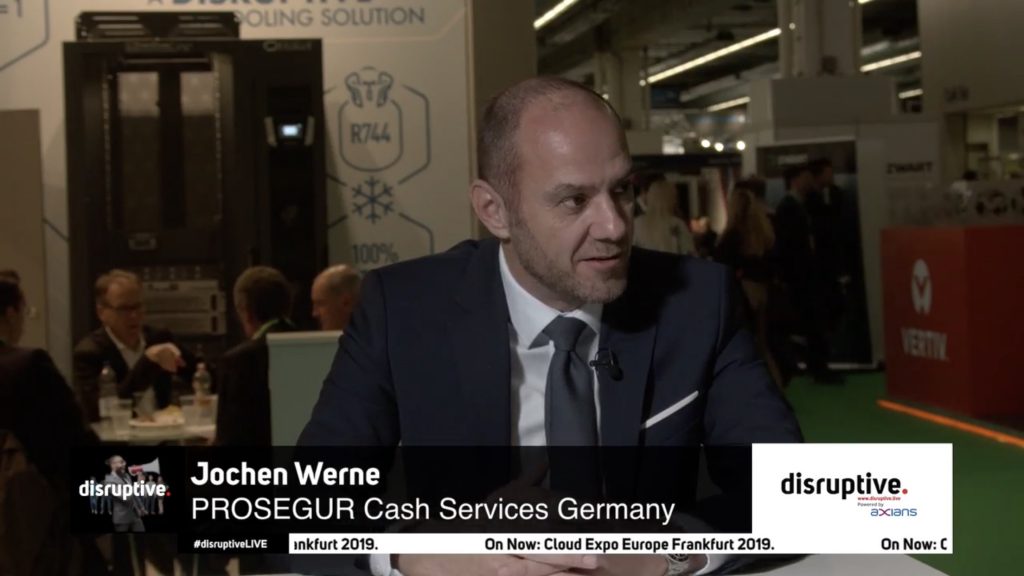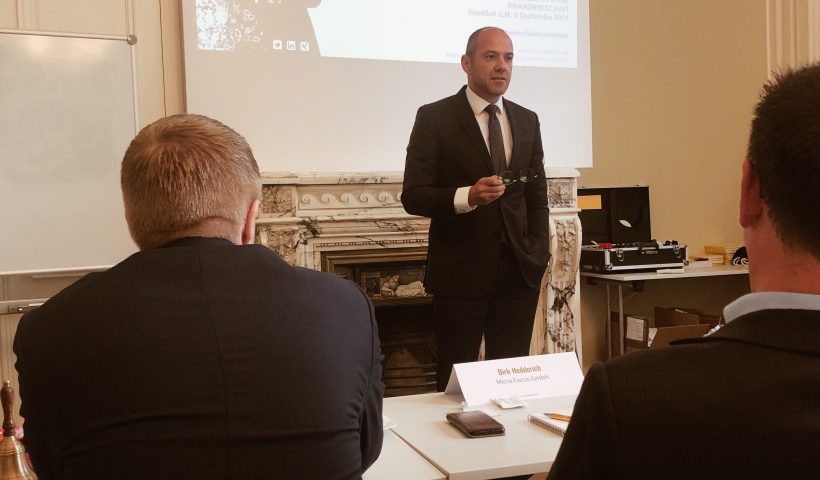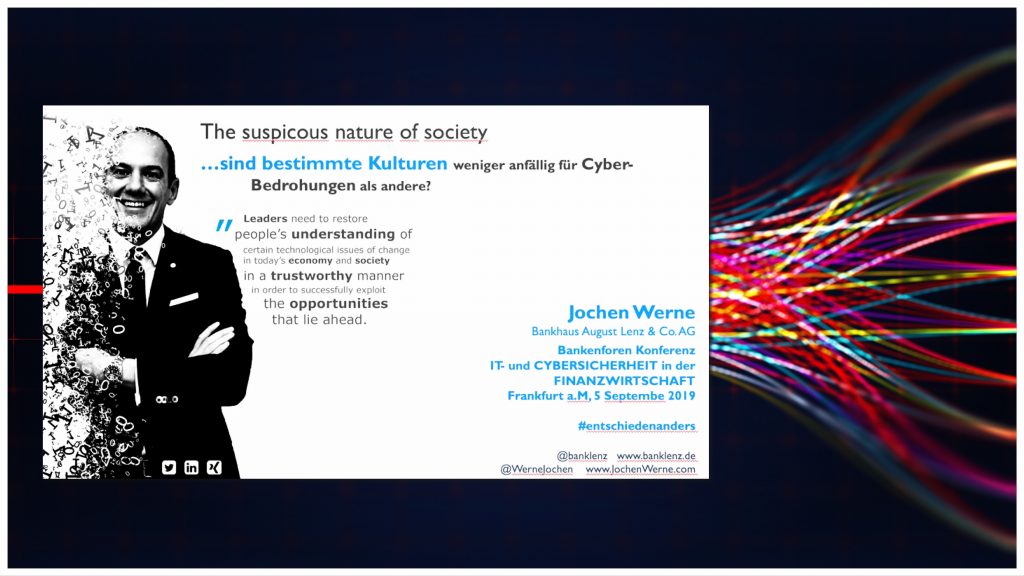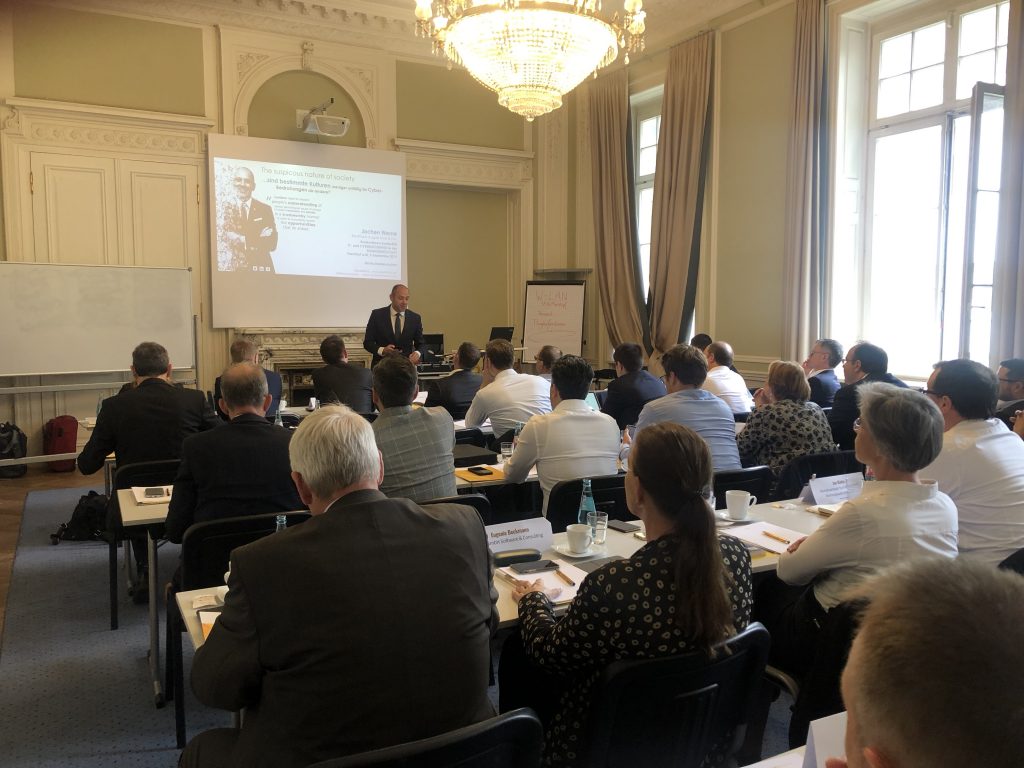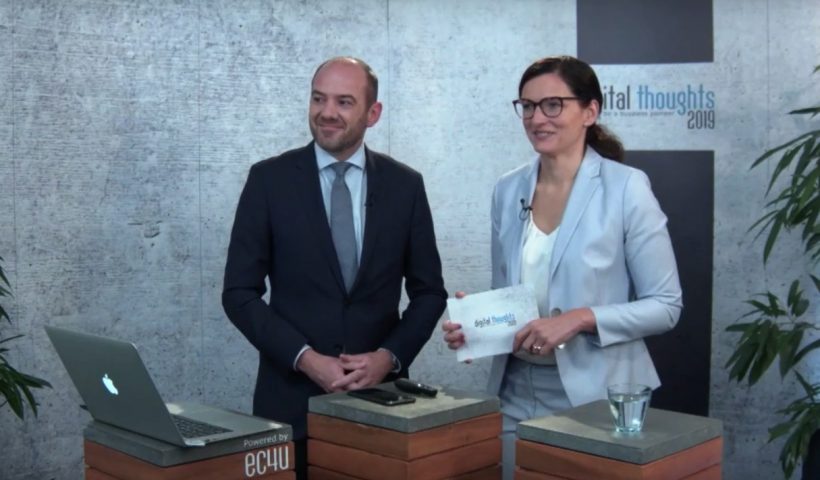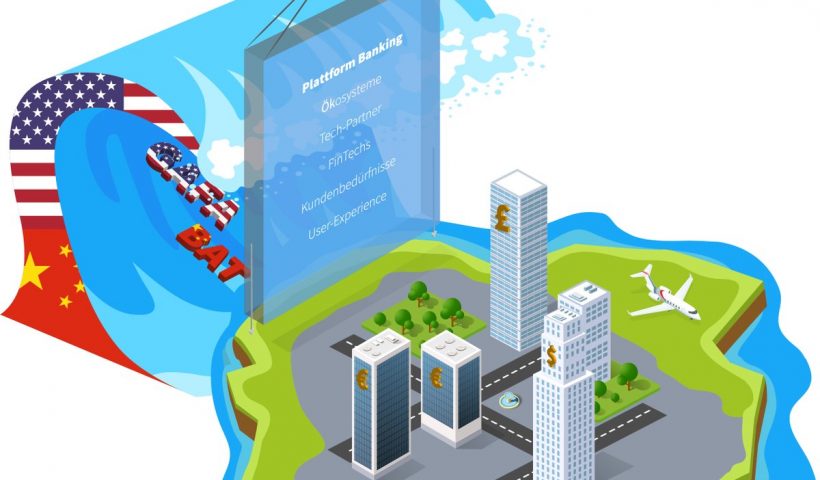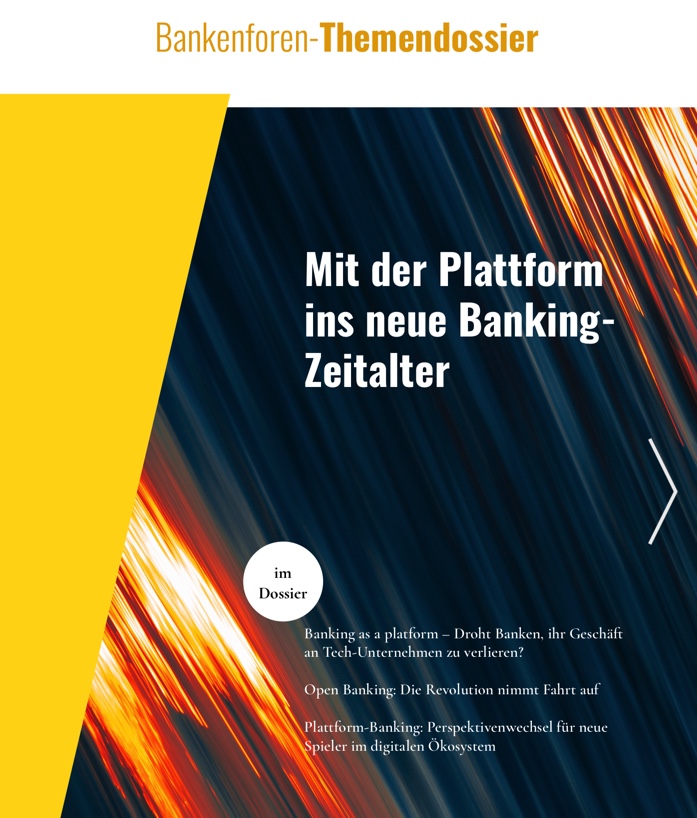July 6,2021
Original published in German in “TRUCKERS WORLD powered by MAN“ – translation by Deepl.com
CLEAN and SAFE.
Cash transport with the MAN eTGE
The world’s first armoured electric money transporter is now in use at the security service provider Prosegur. Since the armouring was realised in lightweight construction, the electrically powered MAN eTGE has enough payload and range for city traffic. On tour with the environmentally friendly cash messengers in Potsdam.
For safety reasons, Prosegur’s cash messengers always travel in pairs or sometimes even in threes – a well-rehearsed team. Today Uwe E. is driving the yellow money carrier through Potsdam. His colleague Andreas H. watches the surroundings from the passenger seat. He mainly looks for hedges, backyards and other possible hiding places. Because “the others” could be lurking there in ambush. That’s what H. calls criminals who are after money and valuables transported in the vehicle, doubly protected by the armoured outer skin and the armoured inner cabin. The course of each tour, each of which covers several banks, ATMs or shops, is planned in detail to minimise the risk of robbery. At Prosegur’s Potsdam branch, a security guard watches on a monitor as the GPS signal of the MAN eTGE moves through the city and keeps in touch with the two cash messengers by radio. Driver and co-driver are highly concentrated while the electrically driven van glides almost silently through the streets. “This silence while driving is great,” says money messenger Andreas H. with satisfaction. “Without noise, I can focus even better and am less exhausted at the end of the working day.”
However, the advantage of the noiseless drive is not the main reason why Prosegur uses the world’s first armoured electric money carrier. The company wants to prove to itself and the entire security industry that electric mobility is not only suitable for normal delivery traffic, but also for the special requirements of cash-in-transit. Despite the additional weight of the armour, which reduces the payload of the vehicle and the already limited range of the electric battery.
Lightweight construction for armouring
Since Prosegur has already had good experience with the conventional MAN TGE panel vans in its fleet, its battery-electric variant, a MAN TGE 3.140 E, was chosen as the test vehicle. The STOOF company provided it with armouring and dispensed with steel in order to save weight. Instead, aramid was used, a lightweight high-performance fabric that is also used by the military for armoured vehicles and protective clothing. In this way, it was possible to realise the cash transporter with a tare weight of 3,150 kilograms, including the armour. “Its battery charge allows for about 120 to 130 kilometres of range. That is absolutely sufficient for our tours in the urban area” tells Alexander Lange, who manages Prosegur’s fleet. “Our electric money transporter travels 70 to 90 kilometres per day. There is still enough range left over as a safety reserve.”
Prosegur has been using the MAN eTGE since September 2020. It has since been integrated into normal operations. The test phase has been successfully completed. The proof is in: environmentally friendly transport of valuables without local emissions is feasible. The electric version has proven itself very well. “As a company with a large fleet of vehicles, we want to make an important contribution to climate protection, so there is no way around electric cash-in-transit vehicles,” announces Jochen Werne. The Chief Development Officer of Prosegur in Germany estimates: “A large part of our tours – especially in urban areas – can be realised with battery-electric vehicles.” For supra-regional shuttle transports, according to the current state of the art, another drive solution with a higher range is still required.
At Prosegur, the changeover to electric mobility will take place in carefully coordinated steps. Jochen Werne emphasises that in addition to the purchase costs of the vehicles – the fleet comprises 900 cash-in-transit vehicles and 300 service vehicles – additional costs must be calculated for setting up the charging infrastructure. Until now, the MAN eTGE has been charged overnight at a simple 230-volt socket. After around eight hours, the battery is full again. “In order to fully exploit the advantages of electric mobility, high-performance charging stations are of course indispensable,” Werne explains. Despite the necessary investments, the head of development at Prosegur also sees a great economic opportunity in electromobility: “In a long-term total cost consideration, this technology can even save money.”
A sign for climate protection
In Potsdam, Prosegur is setting a clearly visible example for climate protection with the MAN eTGE.
In contrast, the money messengers Uwe E. and Andreas H. want to attract as little attention as possible to their risky job. For each customer, they park as close as possible to the entrance. Uwe E. quickly slips into the shelter of the building and soon after back into the vehicle. For the short distance, he carries the valuable cargo in a special transport security device. After completing their rounds, the money messengers drive their “e-tank” through a security gate back to Prosegur’s premises. Safe and clean.

